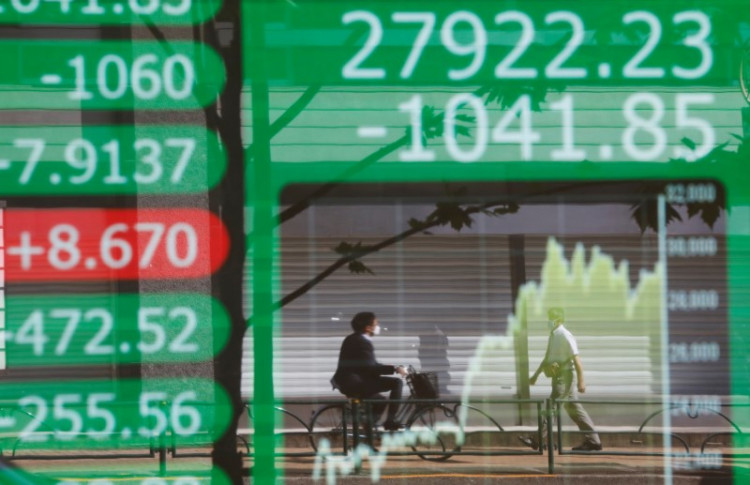Asian stocks were all in the green Friday After China announced that it was going to lower a key lending benchmark with the purpose of reviving the nation's housing sector and accelerating its economic recovery. Despite the jump, the global equities market still remained in the red and on track for its longest weekly losing streak amid rising inflation and the ongoing geopolitical crisis in Europe.
China's five-year loan prime rate (LPR) was slashed by 15 basis points on Friday morning, a larger decrease than what was expected. Chinese officials are aiming to bolster the housing market in the face of an ongoing economic slowdown.
Analysts at Union Bancaire Privee in Hong Kong said that while the rate cut was insufficient to reverse the economic headwinds in the coming quarters, it has bolstered investor expectations of more rate cuts down the road. Analysts at Jefferies noted that easing policies would not have that much impact if the government continued to enforce pandemic restrictions.
After the rate cut, MSCI's broadest index of Asia-Pacific equities outside Japan swiftly added to its early gains, closing up more than 1.8%. European stocks were expected to follow Asia's lead, with Euro Stoxx 50 futures, German DAX futures, and FTSE futures all rising more than 1%.
Foreign purchasing pushed blue-chip Chinese stocks by 1.8%. Hong Kong's Hang Seng index surged more than 2%, while Australian shares rose 1.1%. The Nikkei stock index also ended the day 1.3% higher.
Despite the advances in Asian stocks, MSCI's All-Country World Price Index remains in negative territory for the seventh week in a row, the longest such streak since the index's creation in 2001. It would also be the longest, with back-tested data going all the way back to January 1988.
Shanghai officials broke residents' hopes for a seamless end to pandemic restrictions on Friday, announcing three additional COVID-19 cases outside of quarantined regions. However, plans to lift the city-wide lockdown on June 1 look to be unchanged. Shanghai's output last month decreased by more than 60% compared to the same month last year due to the lockdowns.
The U.S. dollar index withdrew from minor earlier gains to dip down 0.12% to 102.79. The dollar was barely over flat against the safe-haven yen at 127.76, with little movement elsewhere. The euro edged up to $1.0586, reversing earlier losses.
The onshore yuan in China made greater swings, recovering from a 0.32% drop to reach a two-week high of 6.6699 per dollar. The offshore yuan, which is more freely traded, also touched a two-week high of 6.6855 per dollar.





